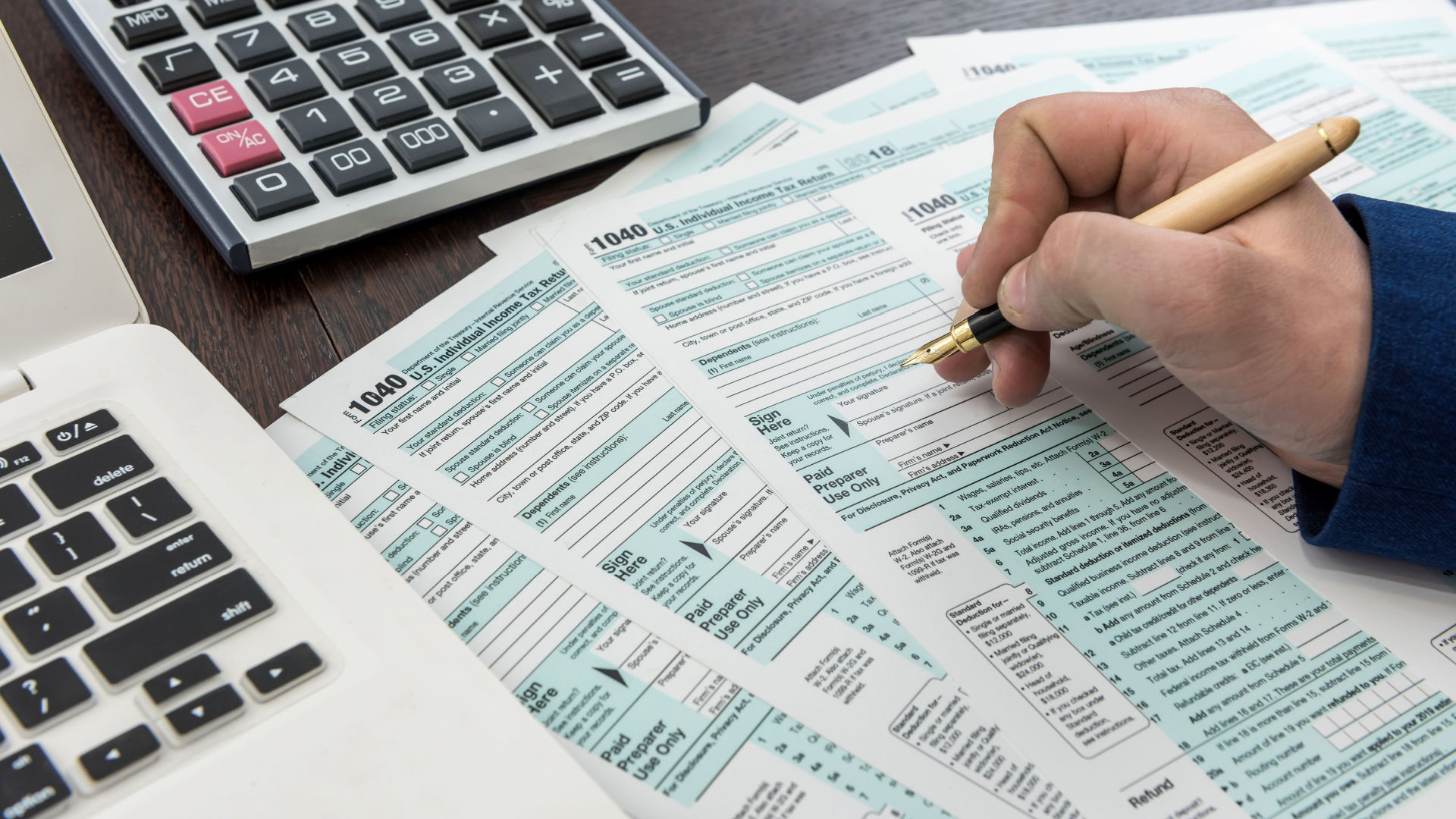We hope you are all in good health and safely waiting for this period to subside. Many of us are thinking about our businesses and what the new normal will hold. Many businesses will face tremendous challenges to reopen their doors and the enhanced ability to obtain tax refunds will be helpful. This letter summarizes the CARES Act provisions regarding harvesting business losses. A brief history will help highlight the importance of the changes.
The Tax Cut and Jobs Act enacted at the end of 2017 (TCJA) imposed limitations on the use of business losses. Net losses from active trades or businesses were limited to an inflation – adjusted amount of $250,000 for single filers and $500,000 for joint returns. These limitations dramatically affected taxpayers who suffered business losses or reported losses from partnerships or subchapter S corporations. For example, an individual, with no other source of income, who experienced a business loss of $350,000 was permitted to deduct only $250,000 in 2018; and the remainder carried forward indefinitely until sufficient income was recognized.
The TCJA also limited the use of that net operating loss. It generally eliminated the ability to carry the loss back to earlier years and limited the utilization in future years to 80% of taxable income. As a result, the taxpayer in our example was unable to currently benefit from the business loss and was forced to wait until future years to use the loss.
The CARES Act allows the full amount of these business losses to be used for 2018, 2019 and 2020. It also provides that net operating losses from those years may be carried back five years. The ability to recognize and carryback business losses will result in substantial refunds for many taxpayers. The taxpayer in our example may carry the entire $350,000 loss back to 2013 (and succeeding years) until the entire loss has been absorbed.
Another important change in the CARES Act applies to commercial properties, retail stores and restaurants. Any such business that made qualified property improvements in 2018 (and later years) is now permitted an immediate deduction. The CARES Act allows an amended return to be filed claiming these deductions – which can be used in conjunction with the changes in the net operating loss provisions to provide an immediate source of funds.
Steps:
The above is an overview designed to inform you of these important opportunities. The Internal Revenue Service has just released new guidance describing how to amend returns and promptly apply for and receive these tax refunds. Consult your tax advisers as soon as possible because there are important time limitations for filing certain refund requests.
We again wish everyone good health for yourselves and for your family.
Sincerely,
Robert S. Barnett, Esq.
The information in this article is continuously changing and being updated. This article is for informational purposes only and does not constitute legal or business advice. In no way is Capell Barnett Matalon & Schoenfeld LLP advising that it is appropriate to only follow the information listed here. If you or your business requires assistance, please contact Robert Barnett, Esq., rbarnett@cbmslaw.com

